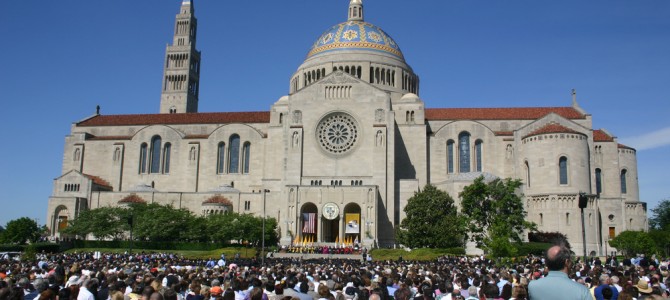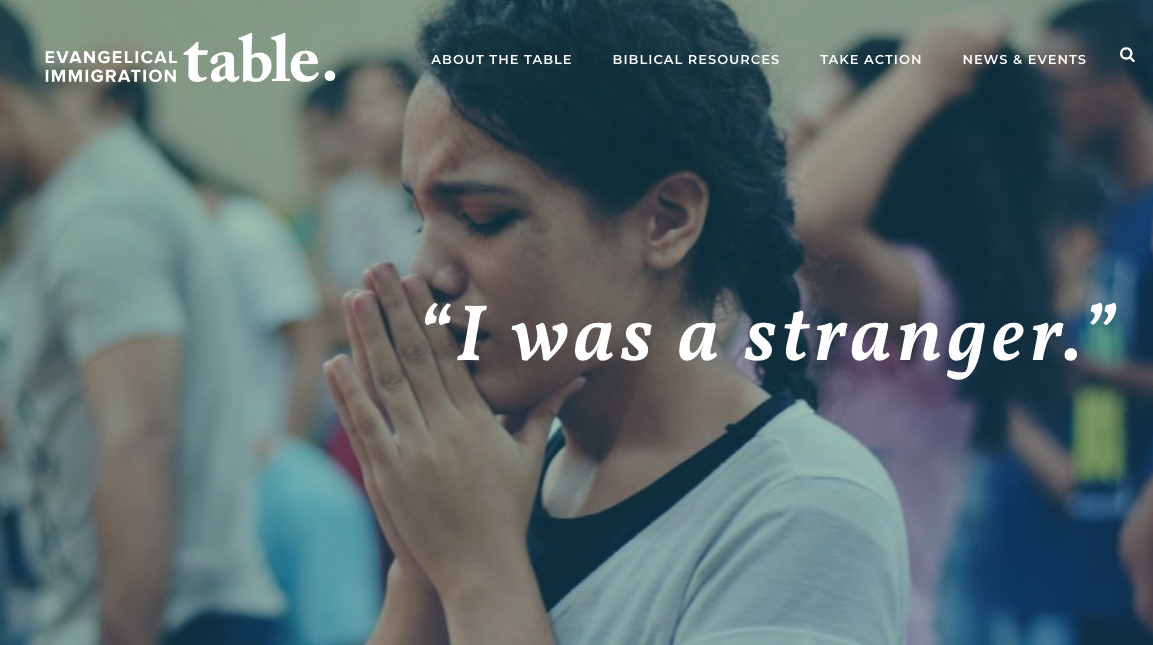
Catholicism has a lot to offer the world, and changing times come with changing needs. When the church was young, she was called to face persecution with faith. In the Middle Ages, she was called to preserve and transmit knowledge, and the Renaissance saw the fruits of her labor.
Now, the church is called to re-evangelize the West while reaching the world’s poor. Thus, the concept of social justice has come onto the scene. It is an ingenious solution tailored to our times: from those who much is given, much is required. Those who are successful, whether they earned or inherited it, have a duty to help those who are not.
Capitalism has given much to industrialized countries but has left others in the dust. On paper, social justice is the best solution to navigating the often-perilous capitalistic system. It fills a void the free market leaves empty. Like scaffolding on a building, the teachings of the church surround this moral framework.
But the great tragedy of social justice is its obfuscation by those who want to achieve a radically secular version of what the church teaches is necessary to create a just society. They have taken off the scaffolding and try to make do without it.
What Social Justice Really Means for Catholics
I once defined social justice as “seek[ing] to create a just society by finding the common good through the just exercise of authority.” It’s a heavy definition, but nothing in the church is anything less. For Catholics familiar with their church’s social teaching, words like “just,” “common good,” and “authority” have similar but nonetheless different definitions than their secular meanings. At their core, these words have to be understood within the context of Christianity in general and Catholicism in particular; which is to say, they cannot be removed from the environment in which they were defined.
Catholicism did not birth social justice, but because of its moral framework Catholicism certainly gave social justice a new force that pagan or secular philosophers (Aristotle, Kant) were inherently incapable of doing. The Catholic Church’s social teaching, where social justice resides, is informed by the force its 2,000-year-old tradition and magisterium carries with it. Thus, these concepts are often more difficult to accept than their secular alternatives: the culture wants us to be “normal,” but the church wants us to be perfect.
Social justice informed by faith is the intention, but social justice informed by culture is too often what happens. The secularization (or perhaps re-secularization) of social justice is what leads to student protesters demanding that “[Brown] university support monetarily and otherwise departments and centers committed to social justice, as evidenced through anti-oppressive pedagogy, and the satisfaction and retention of undergraduate and graduate students and faculty of color,” or that Santa Clara University is “sending a message to students, faculty, and the community contrary to our commitment to diversity and social justice” by not expanding ethnic and gender studies into standalone majors. The student government at Loyola Chicago, my alma mater, used “social justice” to justify policies such as allowing same-sex weddings in the chapel and divesting from Israel and fossil fuels.
Where Social Justice Goes Wrong
Where does this go wrong? A cursory look reveals that many of the students’ goals can be reduced to at least one tenet of Catholic social teaching, the most common ones being solidarity, the preferential option for the poor, and “equality,” which often means something quite different than students think. Nonetheless, the demands that student protesters make and the issues that student governments advocate for are generally well-intentioned, but they are missing the faith-based framework the church intends to use to inform social justice advocacy.
To take an obvious example, the Santa Clara students who are demanding—in the name of social justice—that ethnic and gender studies become standalone majors are missing the point of what social justice is. “Social justice” is a not vehicle for obtaining a preferred policy outcome, especially when there are other morally acceptable outcomes. Deploying “social justice” to demand that your area of study receive more funding or that the university divest itself from perceived unsavory stocks is not what social justice is.
The goals of those campaigns may align with creating a socially just society, but to use “social justice” as a catch-all reason for accomplishing those goals is a misuse of the term and betrays a misunderstanding of the concept. Social justice is less a passive activity, like studying “systems of oppression” in the classroom, but is more of a hands-on activity; we help the poor more by interaction, not contemplation. Further, using social justice to lobby for a specific policy is one thing, but using social justice to claim a moral monopoly is another. Too often, lobbying and moralizing are one in the same.
Activists Have Hijacked Social Justice
At its root, the misapplication of social justice is the result of the church removing herself from the social justice discussion. At Catholic universities like Loyola and Santa Clara, administrators flaunt “social justice” as a sacrosanct concept to practice everywhere (for this reason, Loyola will soon implement a social justice curriculum throughout the university), but in reality is only practiced half-heartedly, and even then in a dry, academic way as opposed to an action-oriented, tangible way.
Such a half-hearted policy can become toxic in its application because the moral weight that underlies it—the weight of the Catholic Church—is not something even the hardest hardcore activist can ignore, but it is something they can hijack. Indeed, student activists at Catholic universities are particularly attuned to co-opting church language to achieve their own ends.
Such was the case when the student paper called on the university to allow same-sex couples to wed in the campus chapel: “While we recognize that Loyola has the right to change its [marriage] policy in light of the recent change in Illinois law [to permit gay marriage], we believe that the current policy should remain in effect as it is written in order to maintain Loyola’s Jesuit values of inclusion and social justice.”
Sentences like that express a widely held belief at Loyola, but also at Catholic universities generally, that the Catholic Church really does condone the things it’s diametrically opposed to, because social justice requires it.
For every social justice initiative Loyola undertakes, like Arrupe College, the in-house, two-year, low-cost college for disadvantaged students, it misses another, like when the university promoted the transgender platform without arranging for someone to present a counter. Arrupe College lives Loyola’s Jesuit, Catholic, and Christian values. The transgender event could have too, but the college blew its opportunity.
This mismatch between good social justice advocacy and misguided advocacy sends the wrong message to students and creates an environment where “social justice” is devalued as a concept and turns into a buzzword. This virus has spread from Catholic universities and has found its way into the culture, hence why protests at public universities are indistinguishable from their Catholic counterparts.
How to Restore True Social Justice
There’s a lot of blame to go around for the degeneration of social justice from teaching to buzzword, but if social justice is to reclaim the high ground it once held, the church has to re-enter the discussion. Perhaps the best way to do this is to be more holistic in applying social justice advocacy. Catholic universities are already halfway there, but they have ground to make up if they want to be taken seriously across the board in their social justice pursuits.
There are at least three ways to streamline advocacy. First, reduce the usage of terms like “justice,” “social justice,” “solidarity,” and so on. Using them in certain, focused areas can be effective, but overuse reduces their meanings.
Second, recommit to expressing a range of social justice issues, not just ones that comport with a preconceived worldview. Because universities incubate advocacy, they should be committed to representing diverse views on the moral and social justice issues of our day.
Third, Catholics need to be more hands-on with their social justice work. Being philosophically literate is important to being a well-rounded individual, but ultimately a socially just society can only be achieved through direct action. Lobbying can be done without monopolizing, and action-based initiatives should be emphasized as much as contemplative ones.
The pursuit of social justice is a noble one indeed. But these are changing times and changing needs, and the church will have to keep up.









